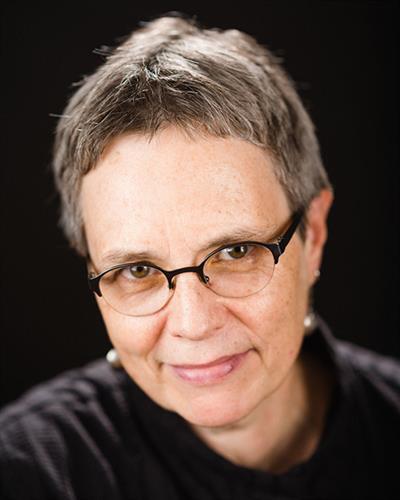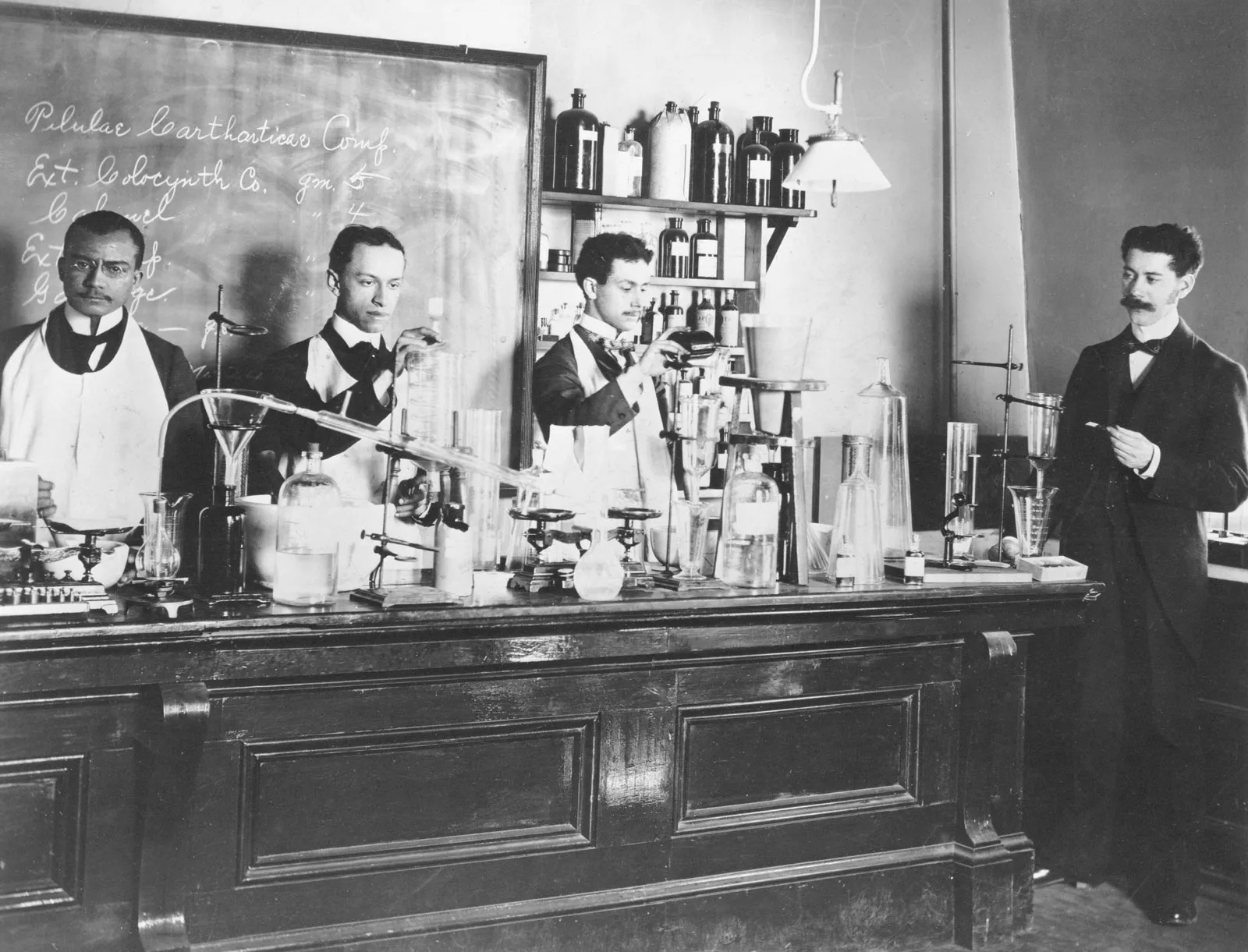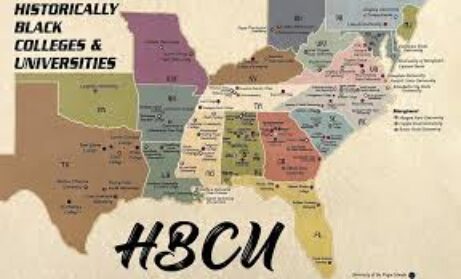Ctrl+Alt+History: Rewiring Public Engagement in the Digital Age
Technology has fundamentally changed how we interact with public history, moving it beyond traditional museums and archives into the digital realm. Its role is multifaceted, serving as a powerful tool for democratization, dissemination, and engagement. Now, historical interpretation isn’t just for academics; technology allows institutions and individuals to curate, share, and interact with the past in innovative ways. As Andrew Hurley points out in “Chasing the Frontiers of Digital Technology,” digital technology is central to public history and cultural heritage. This perspective aligns with the central theme of Digital Community Engagement, which emphasizes the importance of partnerships between communities and academic institutions in shaping digital history projects.
Digital tools offer public historians incredible potential for engaging audiences. Hurley’s work explores this, noting that public history increasingly exists in interactive 3D environments, internet blogs, social media, and mobile apps. In my opinion, the most engaging use of technology is its capacity to create immersive and interactive experiences. Projects like the Virtual City Project, which created 3D models of St. Louis, demonstrate the power of these technologies to excite higher levels of engagement. Digital Community Engagement showcases numerous examples of such projects, highlighting how digital platforms can empower communities to tell their own stories and create new primary sources. These tools can transport individuals to different time periods, allowing them to explore historical environments or interact with digitized collections in ways that traditional exhibits cannot replicate.
While technology offers exciting possibilities, it’s crucial to acknowledge the “digital divide.” As Hurley highlights, differences in technology access, computer skills, and usage persist. The Virtual City Project, despite its innovation, faced challenges in achieving broad participation. Digital Community Engagement also underscores this point, urging practitioners to consider how digital projects can both create and overcome barriers to access. Therefore, public history projects must prioritize accessibility and digital literacy to ensure they reach diverse audiences and don’t unintentionally exclude segments of the population.














